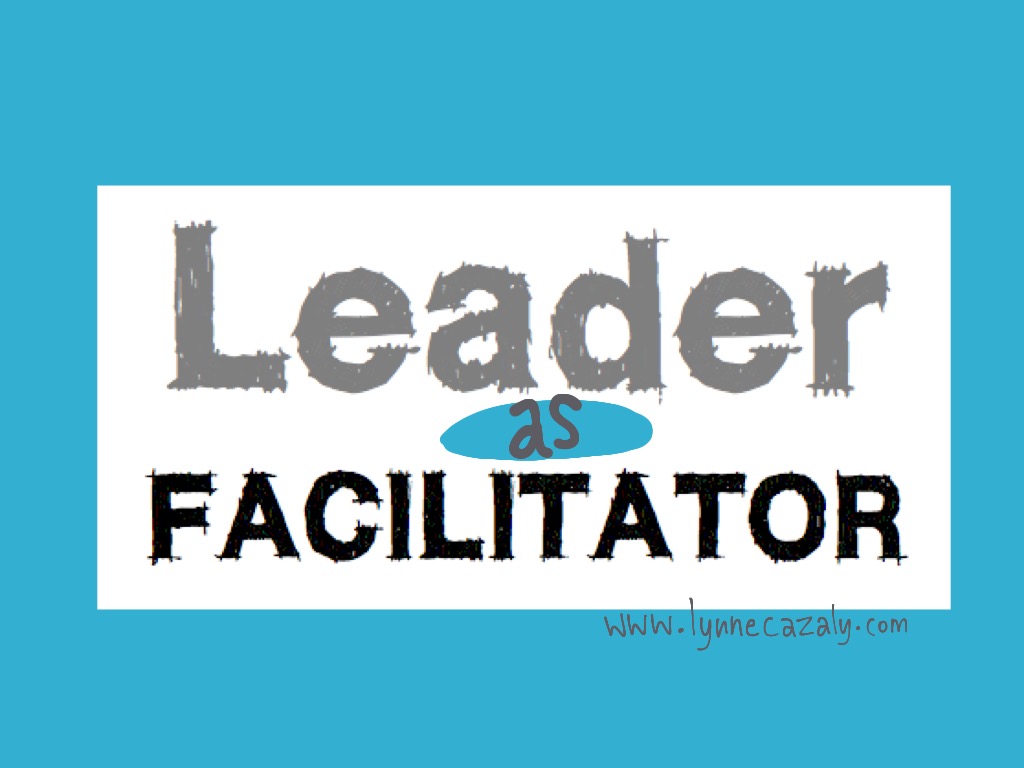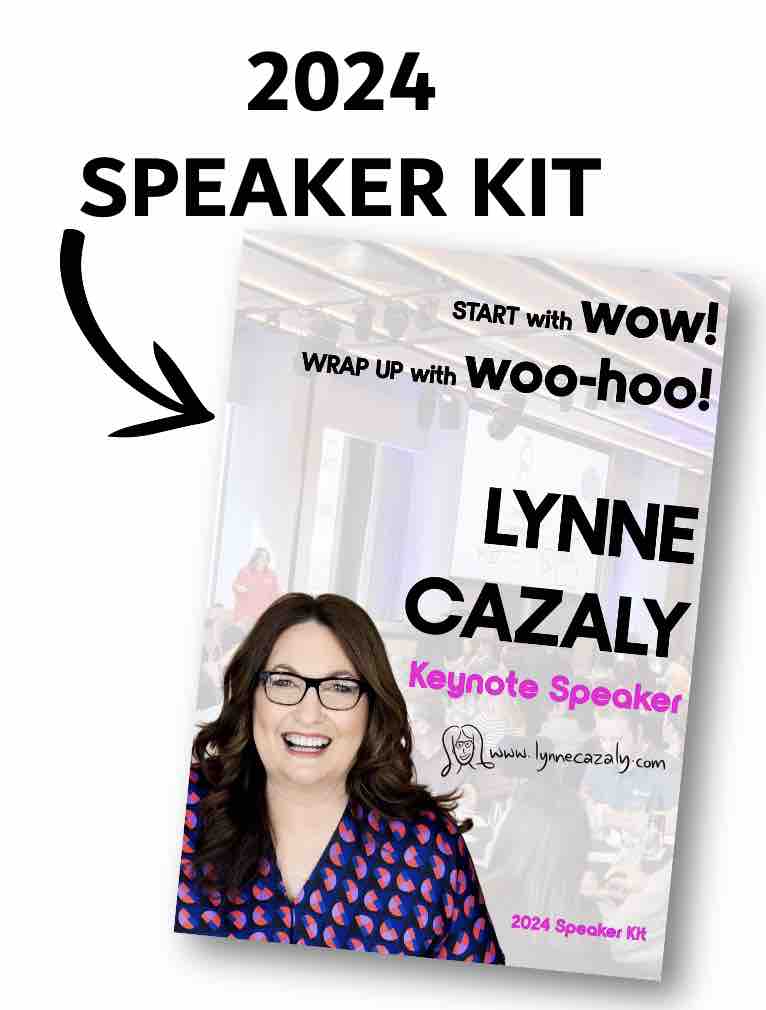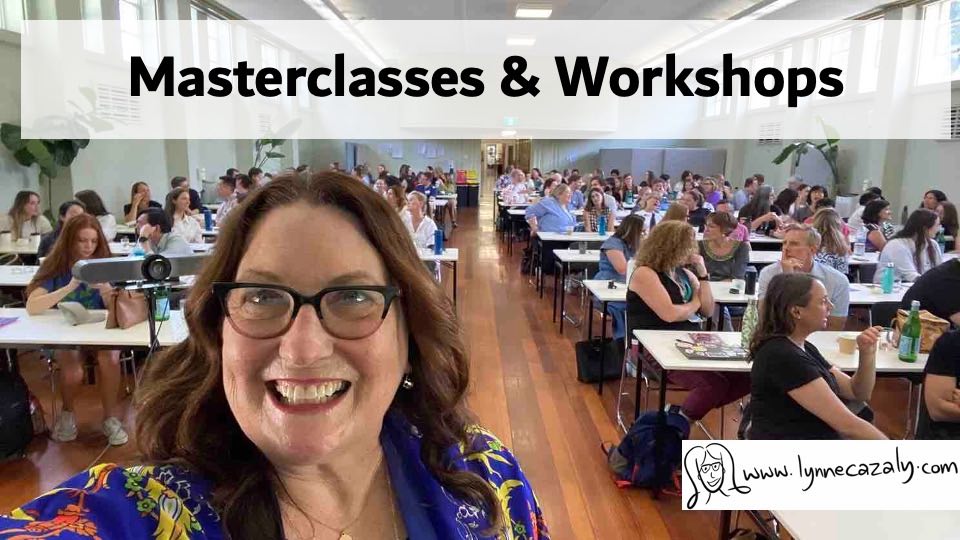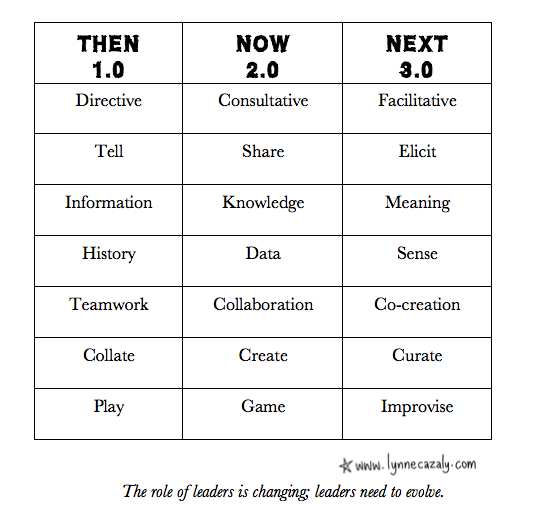Leader as Facilitator
 Tuesday, March 8, 2016 at 8:47AM
Tuesday, March 8, 2016 at 8:47AM  We know the days of barking instructions to people in teams and telling them what to do are fading.
We know the days of barking instructions to people in teams and telling them what to do are fading.
Yes sometimes you still need to give instructions or directions but overall, people need to be engaged. Global engagement scores are not good. Must try harder.
Additionally, there are countless untapped capabilities in teams the world over, with people just itching to put their experience to work - if only they were asked.
And plenty of teams aren't quite working at their peak levels of performance because the environment, situation or processes they're working with are slowing them down, stifling them or hindering their opportunities to collaborate and deliver.
Leader as Coach : too slow and inefficient?
The Leader as Coach approach has been in play in many industries and organisations for years, decades perhaps. I remember running a Coach the Coach program for a big bank who were helping their leaders be better at those one-on-one conversations.
And while coaching is still a highly valued and valid leadership tool, many leaders find the drain, drag and pace of one-to-ones less efficient than they'd like... and need.
As one leader said in the bank's coaching program:
"It take sooooo long to get that person to realise what needs to be done, to go through that GROW model and get them on-board with it. I just don't have the time or patience".
And while that may run counter to what leadership or leaders should be like, the realities of pressured schedules, busy teams and project deadlines mean leaders need to leverage more than the one-to-one... at least some of the time. Granted, the one-on-one coaching conversation is a must for performance, development and other discussions. It will always be needed. No argument there.
Leverage for impact
So how else can leaders leverage their time and the interactions with their teams, to inspire the tribe, get them engaged and aligned to the work that needs to be done... and then go ahead and get it done?
The shift from 'Leader as Coach' to 'Leader as Facilitator' is well underway.
Leaders are noticing that leverage is possible when they're adopting the role of a facilitator of their team. Group harmony and cohesion is strengthened and the sheer energy or 'vibe' of the team, tribe or group coming together seems to lift people to build higher levels of team performance.
Facilitators make progress easy... or easier. They run a process, respond to what happens and draw on communication tools to make this progress.
As a participant in a recent Leader as Facilitator program said:
"Now I'm able to get stuff done; we talk as a team, I can help remove barriers across the team, we can make decisions and I'm better able to handle the general sh*t that goes down daily in our team."
(Note, this leader wasn't naming his people as sh*t; it was more about the finicky, challenging issues and hiccups that happen throughout a typical day when leading a diverse team).
So leader as facilitator, hey?
Ah don't be mistaken, facilitation is not ‘soft’ work. Be assured, there are many effective and well-structured approaches and techniques that professional and full-time facilitators use to achieve swift, creative and relevant outcomes with a group.
And though the 'Shit facilitators say' meme is a good laugh, it's time those cliched phrases and lip service statements were sent to the trash file; they're dated and a poor first response for a present day leader using facilitation approaches with their team.
There are many more contemporary, authentic, empathic and realistic ways to get stuff done in teams and keep the team connected to the piece of work via facilitation skills.
Diversity demands it
A leader adopting the capabilities or behaviours of a facilitator is able to achieve outcomes that have a direct connection to business goals, and importantly, get genuine input and contribution from teams and units across the business.
It's not enough for a team to meet to just to talk or discuss. In the volatile, uncertain and complex world that businesses operate in, decisions, input and diverse contributions are paramount.
In trying to facilitate and drive these types of meetings, many leaders head into steamrolling territory, shutting down contributions or closing down creativity without even knowing it. You might have just caused what you were trying to avoid!
Then when the room is silent, you might not know what to do. Was it something you said or did? Possibly. And there's also something else you can do to change that again.
It's not soft
Business facilitation is not about looking at a candle and taking three deep breaths, holding hands or singing 'Kumbaya'. Some industries and fields use this to good effect. I'm not a proponent of it.
It's a balance of people participating and contributing AND achieving business outcomes.
The leader as facilitator needs to balance the business imperatives of:
- Achieving outcomes
- Boosting engagement
- Driving productivity
- Encouraging contribution.
Leader as Facilitator is all about using approaches that achieve the things that need to be done.
Understanding how to be a Leader as Facilitator puts all of these imperatives to work in contemporary workplaces and makes great things happen.
Overall, this is about a culture of leadership, a style of leadership in your organisation that you create. It supports teams and leaders with the capability they need to influence, drive and deliver. And that's not 'soft'.

















